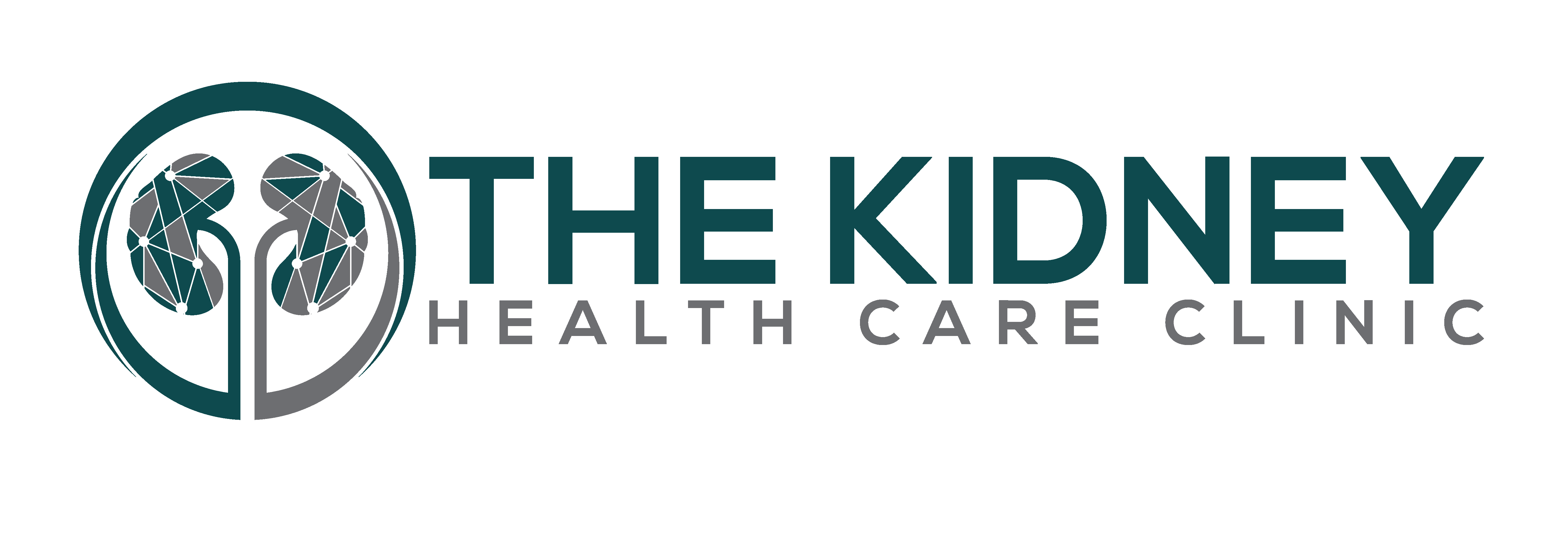Kidney disease can be and is a severe and potentially life-threatening condition that has affected millions of people worldwide. Developing a good understanding of your kidney health is crucial for early detection and treatment to manage this condition effectively. Here, we will provide an overview of kidney disease, including risk factors, screening guidelines, diagnostic procedures, available treatment options, and where to seek specialized care.
It is crucial to take preventative measures to safeguard kidney health if you or someone you know is at risk for renal disease or is exhibiting signs of the condition.
What is Kidney Disease, and Who is at Risk?
One must understand the impacts of kidney disease by understanding how the kidneys work and what keeps them healthy. The kidneys filter waste products from the blood and excrete them through urine, regulate blood pressure, and produce essential hormones. Kidneys may not function properly when damaged, so toxins and other waste products accumulate in the body.
Several risk factors contribute to the development of kidney disease, including diabetes, high blood pressure, family history of kidney disease, smoking, obesity, and age over 60. Additionally, certain ethnic groups, such as African Americans, Hispanics, and Pacific Islanders, are at higher risk of developing kidney disease.
When Should You Consider Consulting a Renal Specialist?
Individuals with diabetes, hypertension, or a family history of kidney disease should prioritize regular kidney screening. Furthermore, if experiencing symptoms of kidney problems, immediate consultation with a kidney specialist is imperative.
Recognizing the symptoms of kidney disease is vital for early intervention. Common signs and symptoms include fatigue, difficulty concentrating, swollen ankles, feet, or legs, decreased urine output, blood in the urine, and persistent itching.
Other signs may include high blood pressure, urinary tract infections, kidney stones, and kidney damage manifested through symptoms such as vomiting. Recognizing these indicators is vital for seeking appropriate medical attention.
How is Kidney Disease Diagnosed, and What Tests are Involved?
Diagnostic procedures for kidney disease may include urine tests, blood tests, imaging studies, and kidney biopsies. Urine tests can detect abnormalities such as protein and blood in the urine, while blood tests measure the levels of waste products and substances in the blood that indicate kidney function. Imaging studies, such as ultrasound or CT scans, provide detailed kidney and urinary tract images to identify structural abnormalities.
Glomerular filtration rate (GFR) and serum creatinine levels are routine tests for measuring kidney function. These tests are used to estimate the kidneys’ filtration rate and blood waste product. Interpreting test results is extremely important in assessing the degree of kidney damage and establishing a subsequent course for further assessment or treatment.
What Are the Known Treatment Options for Kidney Disease?
Managing kidney disease requires a combination of medications, lifestyle modifications, and, in some cases, advanced treatment techniques. Upon diagnosis, the kidney specialist can tailor a treatment plan to manage the disease and preserve kidney function. Doctors may prescribe medications to regulate blood pressure, reduce cholesterol levels, or alleviate symptoms.
When someone has advanced kidney disease, they may need/ require dialysis and or a kidney transplant to replace their kidney function. Dialysis procedures, such as hemodialysis and peritoneal dialysis, help to remove waste products from the blood. On the other hand, kidney transplantation provides a long-term solution for individuals with end-stage renal disease. It is crucial to address kidney failure and end-stage renal disease with appropriate treatment options to optimize outcomes and improve the quality of life.
Adopting a healthy lifestyle, including following a nutritious diet, exercising regularly, and quitting smoking, can help slow the progression of kidney disease and enhance overall health.
What to Expect During Kidney Disease Testing
Suppose you are planning to visit a kidney clinic. In that case, you can expect to receive a well-coordinated care approach that involves consultations with nephrologists, internal medicine specialists, and medical social workers. Additionally, the clinic may offer other services, such as kidney transplantation and dialysis, which can help you manage your condition effectively. By seeking treatment at a kidney clinic, you can access a range of specialized care tailored to improve your health outcomes.
